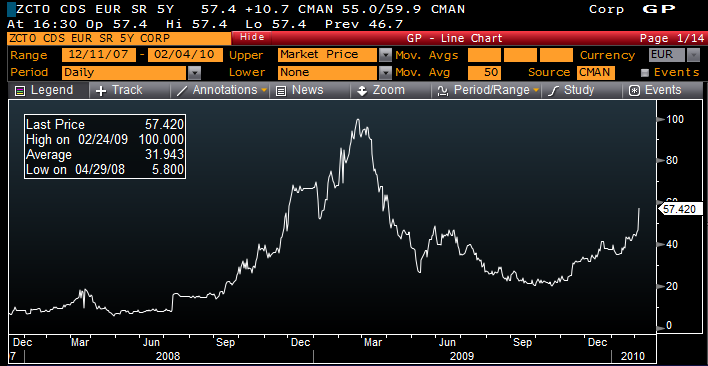La realtà in quei paesi è così diversa da quella europea o americana che in Cina non ci sono abbastanza lavoratori...secondo il New York Times:
As American workers struggle with near double-digit unemployment, unskilled factory workers here in China’s industrial heartland are being offered signing bonuses.
Factory wages have risen as much as 20 percent in recent months.
Telemarketers are turning away potential customers because recruiters have fully booked them to cold-call people and offer them jobs.
Some manufacturers, already weeks behind schedule because they can’t find enough workers, are closing down production lines and considering raising prices. Such increases would most likely drive up the prices American consumers pay for all sorts of Chinese-made goods.
Rising wages could also lead to greater inflation in China. In the past, inflation has sown social unrest.
The immediate cause of the shortage is that millions of migrant workers who traveled home for the long lunar New Year earlier this month are not returning to the coast. Thanks to a half-trillion-dollar government stimulus program, jobs are being created in the interior.
But many economists say the recent global downturn also obscured a longer-term trend: China has drained its once vast reserves of unemployed workers in rural areas and is running out of fresh laborers for its factories.
Un amico mi ha chiesto come si possono usare le tabelle che alfaobeta aggiorna settimanalmente.
Lungi da me dare consigli: l'idea è semplicemente di seguire l'evoluzione nel tempo di 6 importanti
asset class e di educare ad un approccio quantitativo all'asset allocation (si veda il post ALFA O BETA?: Come sarebbe andata se... simulazioni di asset allocation dal 1972 al 2008. Aggiornamento al 29 gennaio 2010)
Ecco come si sono comportate le 6 asset class nel 2009 (in euro)
| S&P500 | 16.39% |
| EuroStoxx | 19.17% |
| Ftse EPRA/NAREIT Global | 37.58% |
| CRB | 17.83% |
| Euro Government Bond 30yr | 2.50% |
| Eur/USD | 2.82% |
ed ecco quello che si sarebbe ottenuto investendo settimanalmente esclusivamente nell'asset indicato nelle
diverse posizioni della tabella settimanale (che ricordo essere costruita facendo attenzione alla forza
relativa su due scale di tempo, una di breve e una di medio periodo),
| Posizione in classifica | rendimento | volatilità |
| 1 | 19.60% | 17.38% |
| 2 | 4.78% | 16.89% |
| 3 | -17.10% | 21.39% |
| 4 | 14.69% | 24.75% |
| 5 | 44.70% | 25.61% |
| 6 | 40.09% | 19.21% |
- un portafoglio equipesato nelle 6 asset class e ribilanciato settimanalmente
- un portafoglio equipesato solo in quegli asset con tendenza a medio periodo positiva (pure ribilanciato settimanalmente). Ad esempio questa settimana comprenderebbe tutti gli asset con esclusione dell'euro.
| rendimento | volatilità |
equipesato con ribilanciamento settimanale | 17.79% | 14.27% |
| solo asset con tendenza medio periodo positiva | 11.68% | 10.57% |
Vi lascio con l'aggiornamento al 26 febbraio.
















